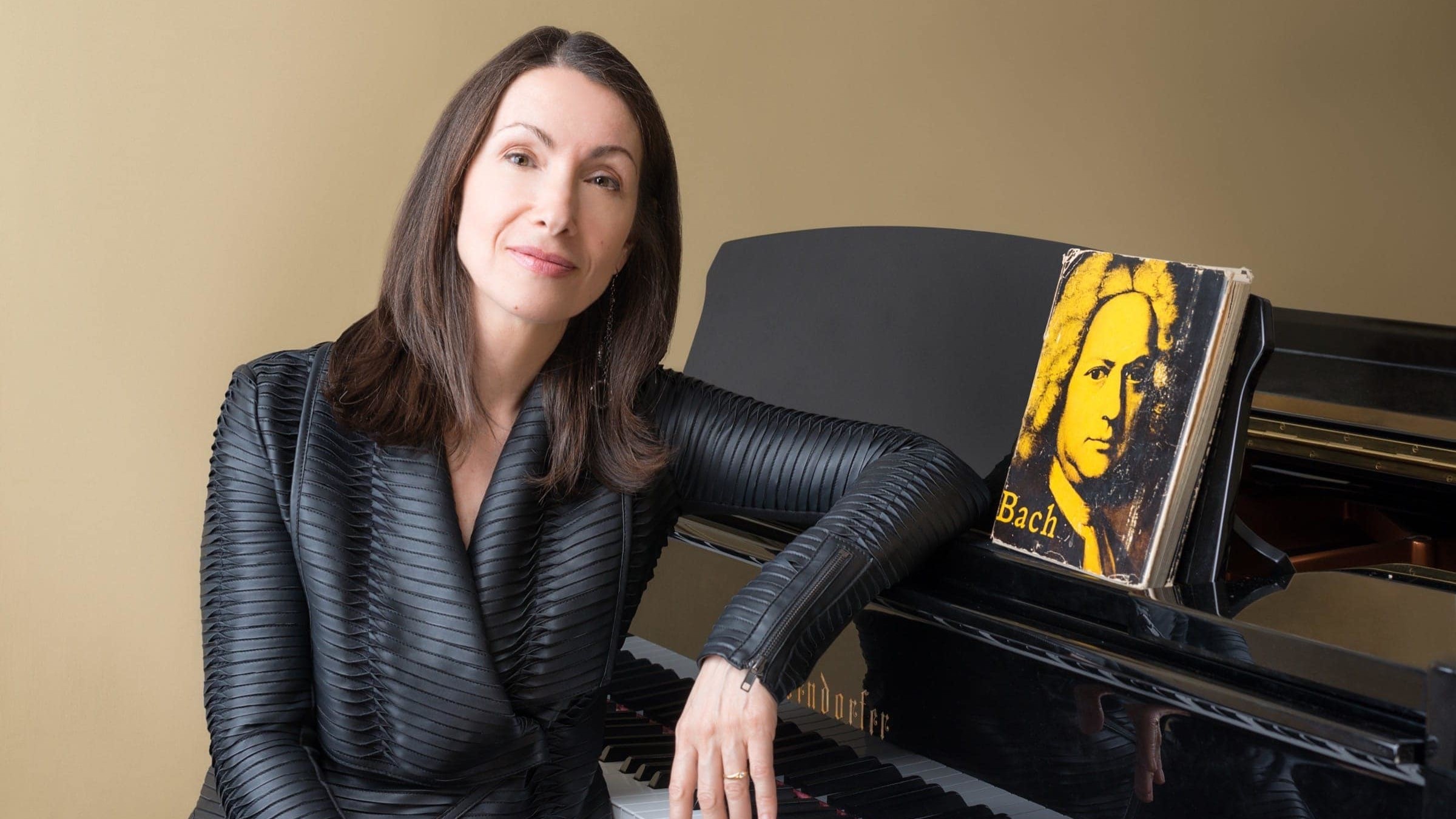Seen and Heard International‘s Robert Beattie interviews Eleonor Bindman about her J.S. Bach transcriptions:
“I spoke to Eleonor about her background as a professional pianist, what drew her into making transcriptions of other composer’s works and about her latest transcription of Bach’s solo cello suites. Some of the most recent transcriptions are for amateur pianists and we spoke about how these motivate and inspire enthusiastic amateurs.
Robert Beattie: Can you tell us about your background as a professional pianist and what drew you to make transcriptions of other composers’ works?
Eleonor Bindman: When I was in college we were encouraged to study a wide range of repertoire ranging from Baroque to contemporary music and virtuoso works. I enjoyed playing transcriptions by composers such as Liszt, Busoni and Rachmaninov. My piano teacher, Vladimir Feltsman, encouraged me to think about how to capture orchestral textures, colours and sonorities when performing these works. I performed Mussorgsky’s Pictures at an Exhibition at a number of competitions and this work featured in my first solo recording. I included my own transcription of Mussorgsky’s A Night on a Bald Mountain in that recording. In my second recording I performed Tchaikovsky’s The Seasons and included Liszt’s transcription of the Polonaise from his opera Eugene Onegin. Once again, I also decided to record my own transcription of the waltz from Eugene Onegin.
RB: You then went on to record a number of transcriptions for piano duet with Susan Sobolewski and Jenny Lin. Can you tell us about them?
EB: Susan and I recorded the version of Holst’s The Planets for two pianos. Holst originally scored seven of the movements for two pianos before scoring it for large orchestra. This was bookended by a transcription of Bernstein’s Candide Overture and Gershwin’s Rhapsody in Blue. I then started to look at transcriptions of Bach’s Brandenburg Concertos for piano duet. There is a transcription by Max Reger for piano duet, but I found this work very uneven and lopsided as the primo piano part is much more dense and busy than the secondo part, which has much less to do. I then worked on my own transcription of the Brandenburg Concertos for piano duet and tried to distribute the material much more evenly among the two parts. Jenny Lin and I made a recording of this transcription in 2018 and this was well received by the critics and the general public.
RB: You then composed a series of Bach piano transcriptions specifically tailored for amateur pianists. How did this project come about?
EB: I have a number of adult piano students and I was conscious of the fact that many of them found it difficult to negotiate Bach’s contrapuntal lines. I often found it easier to teach composers such as Chopin where they have to play a melody and accompaniment. I love Bach’s music and I wanted to create a series of short pieces which would allow amateur pianists to find a way into his music. I therefore composed 48 short pieces which I called Stepping Stones to Bach which were distillations of his orchestral, choral and instrumental works such as movements from the cantatas or Passions, orchestral suites or instrumental works. These pieces are idiomatic and satisfying to play and they have helped many of my students to develop technique. They are intermediate level pieces and they are useful for students of all ages. I developed a playlist on Spotify to accompany the pieces which allows students to listen to the original works before playing the pieces.
RB: You have just recorded your own new transcription of Bach’s Cello Suites for Piano Solo. There are of course existing transcriptions of these works as well as for the solo violin works. How do your transcriptions differ from these?……
